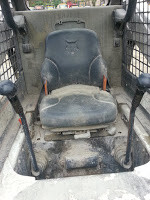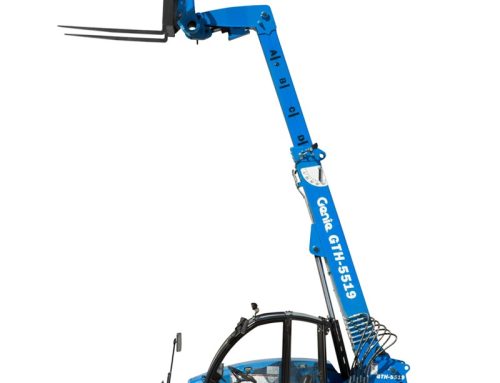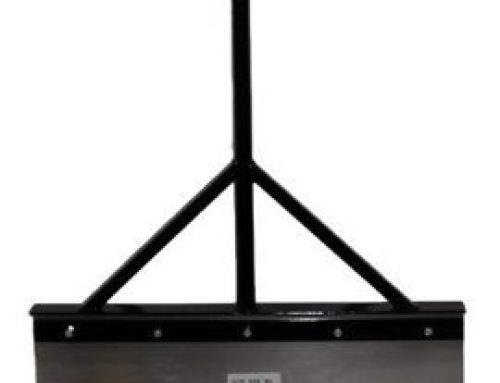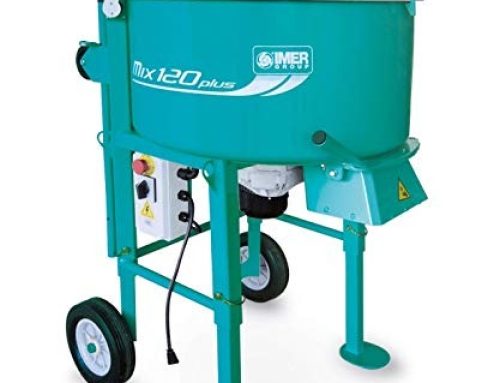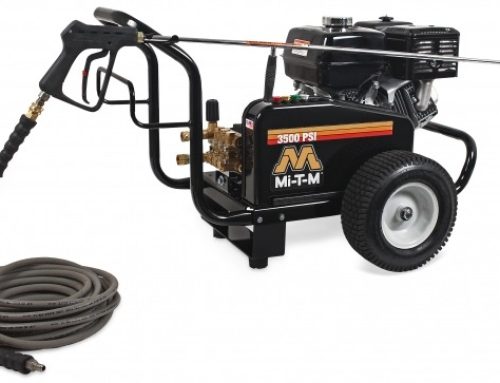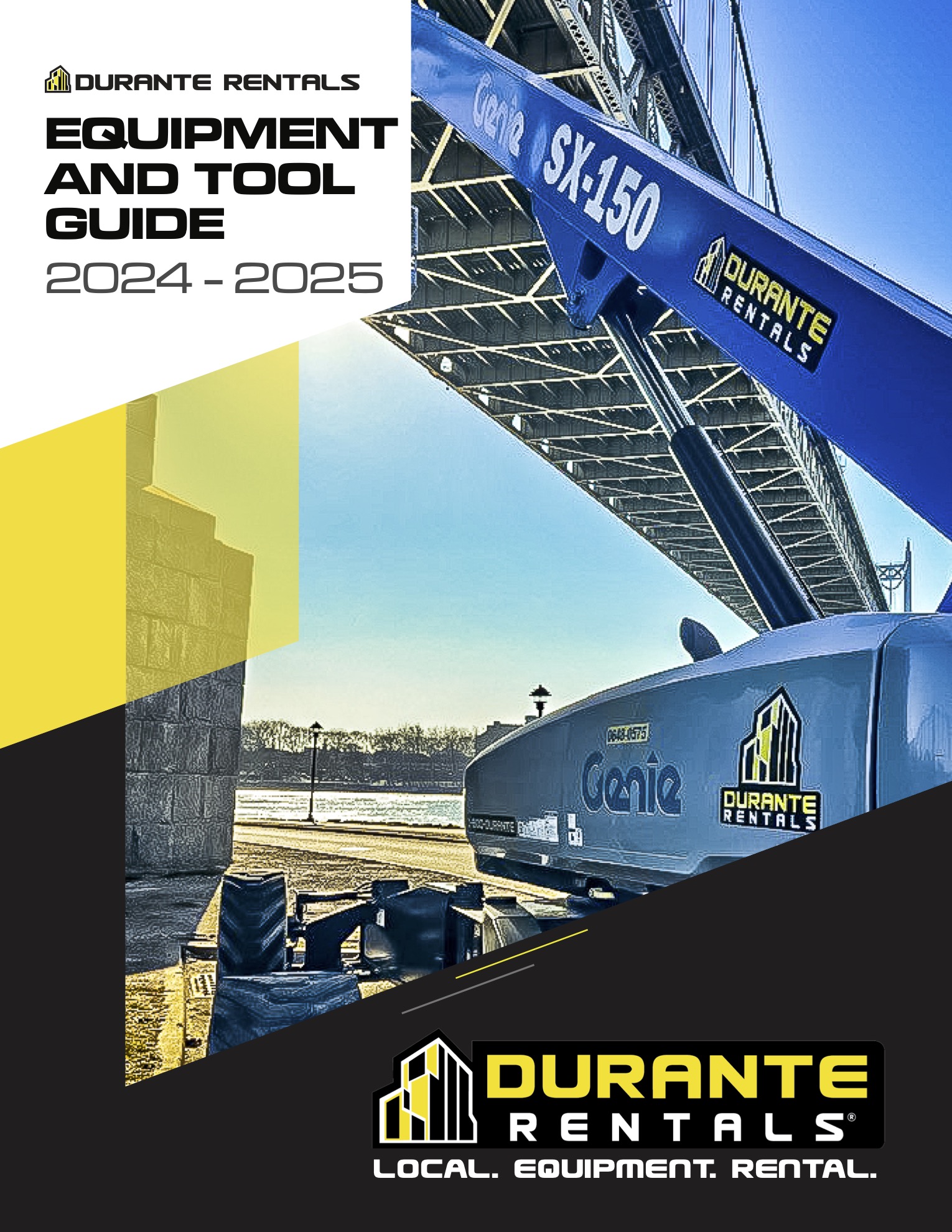When deciding on renting vs. owning construction equipment, you should consider these factors: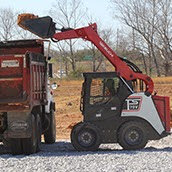
- Your company’s current finances
- How long will the equipment be utilized
- Where will the equipment be stored
- How the equipment will be maintained and serviced
What is my company’s current financial situation?
What makes more sense financially for my company, buying or renting? A company that owns its equipment assumes all of the financial risks. The operating costs of ownership, including maintenance, repairs, inspections, transportation, and storage, will increase over the equipment’s life. Equipment Rental companies like Durante Rentals replace their core equipment every five to six years. A company that owns its equipment will likely retain its equipment for as long as it is economically feasible, essentially running it until it breaks down. Rental companies generate an average of 800 hours annually on their core construction equipment, while contractors average around 1,500 hours. Higher hours of annual utilization result in increased maintenance costs and ultimately more downtime. Renting equipment can help companies reduce fixed and staff costs while minimizing the financial risks of owning a large equipment fleet. Growing companies with limited capital use rental equipment to protect their available working capital. Renting equipment allows them to take on an increased number of projects helping to drive revenue. Certain types of businesses like government, private, or non-profit organizations may deduct rental costs as a business expense.
How do I manage the service and maintenance of the equipment I own?
If your operators have been properly trained to use the equipment, it usually won’t require constant repairs, just regular maintenance. However, a lack of training and experience can lead to costly repairs and dreaded downtime. When renting, most repair and maintenance services are included with your rental charges. If the equipment breaks down, the rental a technician will be dispatched to repair it. If the equipment cannot be repaired on-site, we may provide a swap to avoid costly construction delays. Renting allows you the peace of mind to know the job will always move forward and never stall due to mechanical failures.
How long do I need this, and where will I store it?
Many companies balance their equipment fleet with rental equipment needed for specialized projects or short durations. Renting is an excellent method for growing your business. If you only use it sporadically, rent it! Most rental houses allow flexibility so that equipment can be rented for the day, week, month, or longer, depending on your needs. There is no long-term commitment to worry about.
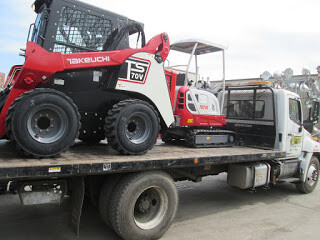 Purchasing hauling equipment is an additional expense for the equipment owner. Making matters worse, the trailer or vehicle being used for transport usually sits idle while the equipment is hard at work. While you can always hire a third-party hauler to move your equipment, this method can get quite costly, especially if your jobs are of short duration and your equipment needs to be moved frequently…. If renting, most companies will offset this cost with affordable drop-off and pickup rates.
Purchasing hauling equipment is an additional expense for the equipment owner. Making matters worse, the trailer or vehicle being used for transport usually sits idle while the equipment is hard at work. While you can always hire a third-party hauler to move your equipment, this method can get quite costly, especially if your jobs are of short duration and your equipment needs to be moved frequently…. If renting, most companies will offset this cost with affordable drop-off and pickup rates.
A combination of renting and owning will help your construction company meet both short and long-term equipment needs. Determining the right mix requires a careful evaluation of your needs and financial situation. Remember, your job’s duration will be a huge determining factor when deciding to rent or own. If the full cost of ownership and the utilization rates aren’t noticeably less expensive, consider renting as your best option. You’ll be more than happy to re-invest these savings into other areas of your business that may need an influx of cash.
Now that you’ve done your research and considered everything, you should be ready to decide on renting vs. owning construction equipment. Durante Rentals rents and sells equipment. Call us today at 1-800-DURANTE.


